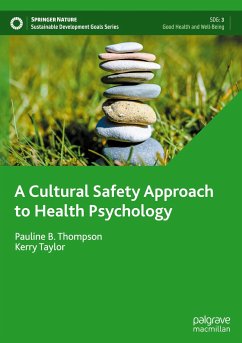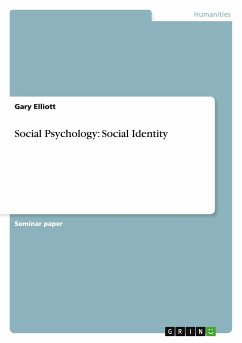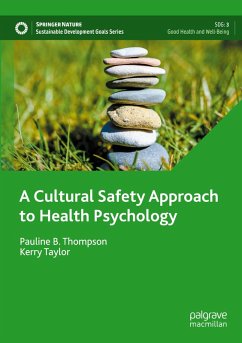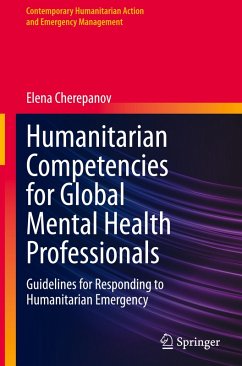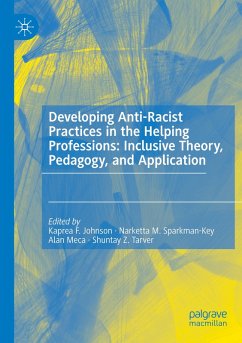
Social and Civic Competencies Against Radicalization in Schools

PAYBACK Punkte
23 °P sammeln!
This book discusses a range of interventions that can be implemented in schools to prevent radicalization and violent extremism. The book advocates for primary prevention by strengthening social and citizenship competences of youth. It combines perspectives of citizenship education, school psychology, positive psychology, peace psychology and social-emotional learning to highlight the spectrum of approaches that practitioners can consider adopting or advocating for. Mechanisms of radicalization the approaches may relate to are also discussed making it useful not only for practitioners and poli...
This book discusses a range of interventions that can be implemented in schools to prevent radicalization and violent extremism. The book advocates for primary prevention by strengthening social and citizenship competences of youth. It combines perspectives of citizenship education, school psychology, positive psychology, peace psychology and social-emotional learning to highlight the spectrum of approaches that practitioners can consider adopting or advocating for. Mechanisms of radicalization the approaches may relate to are also discussed making it useful not only for practitioners and policy makers developing and implementing preventive interventions at schools, but also for academics studying radicalization and students of education, youth work and educational psychology. The authors discuss relevant concepts such as identity development, perspective taking, political self-efficacy, citizenship competences and youth empowerment, mindfulness and self-regulation.






